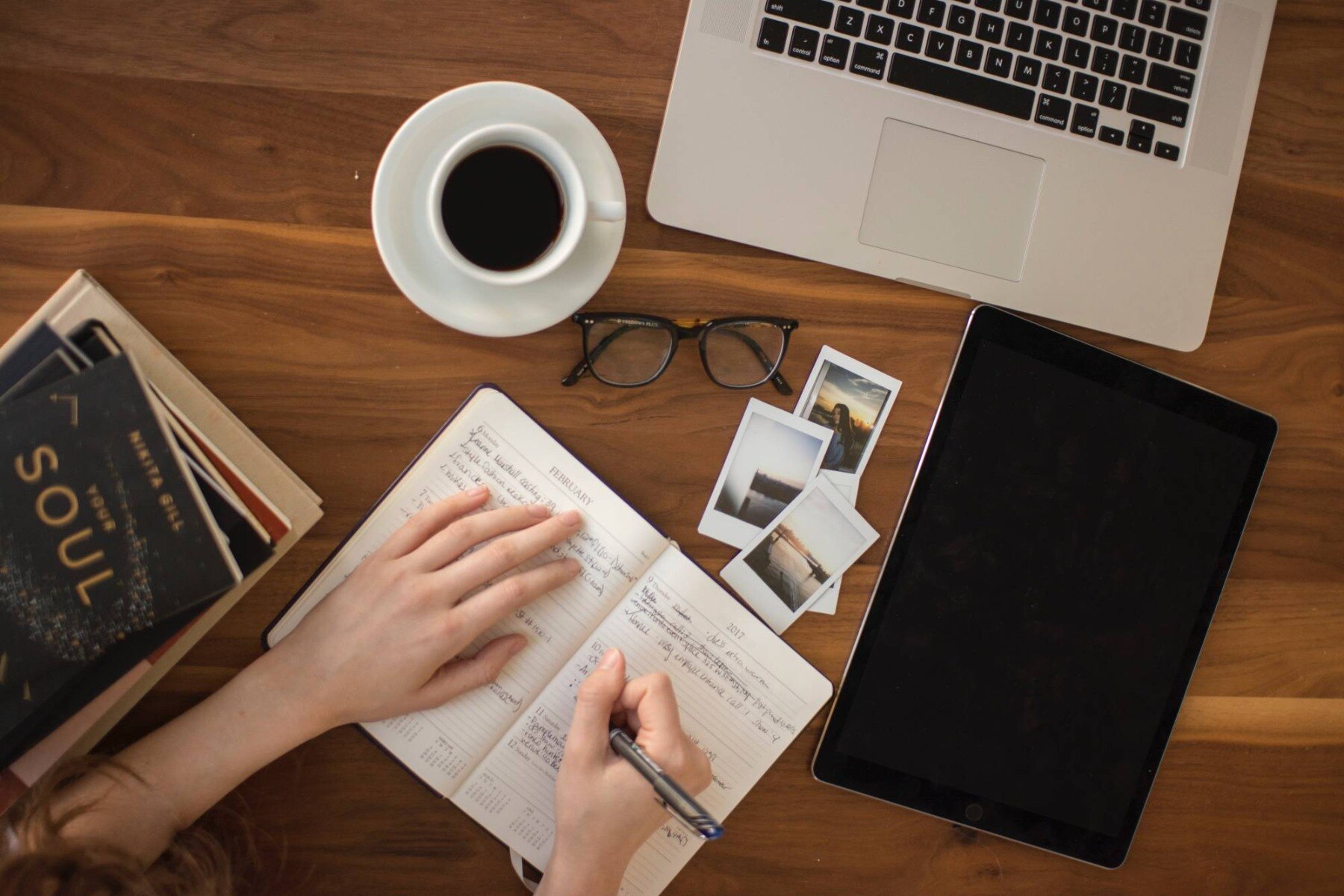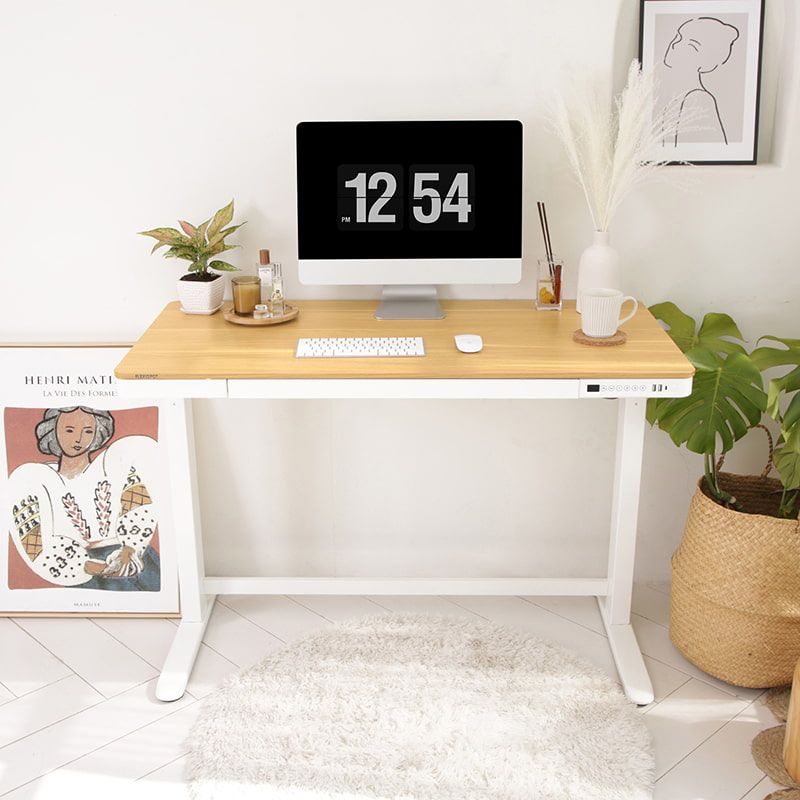Effective study skills, which we begin to develop in our school years, are utilised throughout our lives. We learn new skills, have to remember important information, and become experts on particular topics, just as we did at school.
Yet misconceptions about what effective studying actually looks like are widespread. Excessive highlighting, copying from textbooks or websites, and re-reading notes are common study techniques and yet are actually ineffective.
But help is at hand! Here is a summary of effective, science-backed study techniques which will optimise your studying and allow you to study smarter, not harder:
#1 Spaced Practice
One of the biggest - and most common - mistakes when it comes to studying is cramming. Not only will this increase your stress levels, it is just not an effective way to learn. Your memory will not retain information which you only look over once or twice at the last minute.
Instead, plan out your studying - ensure you start early enough to avoid stress, have necessary breaks, and can go over every piece of information that you need to learn multiple times. Setting up a timetable is a good way to organise and maximise your studying.
Equally, spacing out your practice (which is called interleaving) aids memory. Imagine that you have three topics to study, you might space out your practice like this:
- Start to study topic A
- Move on to topic B
- Return to the part of topic A that you already studied
- Start topic C
- Revisit topic B
And so on until you have finished all three topics and revisited each multiple times. This will improve your memory as well as helping you to understand links between the topics.
#2 Recall

Studying is all about improving your memory. Constantly recalling the information you need to remember actually secures it more deeply in your long-term memory.
There are many effective ways to test your memory by recalling information that you have learned, but here are some examples:
- Practice questions
- Flashcards
- Low-stakes quizzes
- Memory games
#3 Test to Learn
Testing your memory (as we saw with the tip about recall) helps to strengthen your memory. However, we should also test our memory, understanding or skill in order to learn from our mistakes.
Learning from failure is a powerful educational tool. It is not enough just to test yourself, you must also figure out where and why you went wrong. If you get something wrong once and correct it, you are unlikely to get the same thing wrong again.
#4 Active
Absent-mindedly flicking through your notes or even reading an expert text on the topic will not help the information to stick in your memory. Even copying out notes is too passive. Studying should be active and challenging.
Actively do something with the information you are reading or trying to remember. For example:
- Test your memory with a quiz
- Create your own flashcards, then ask someone to test you with them regularly
- Create something with the information, like a diagram or a video
- Teach someone else what you have learned
#5 Practice
You may have heard that practice makes perfect! Apply this principle to your studying.
The more times you repeat something, the better you will get at it. This applies to your memory, as you seek to remember important information, and to skills you are developing, like learning how to play an instrument.
#6 Dual-code
Psychological research has shown that we are more likely to remember things that are shown to us in multiple formats. So, creating visual aids like diagrams, images, and icons to go with your notes (something called dual-coding) improves understanding and memory.
This is why businesses have logos, why road signs have symbols as well as text, and why IKEA uses illustrations to show you how to build their furniture. Images make things clearer - so why not utilise their power for your studying too?
#7 Examples
Using real-life examples, where possible, can help to simplify complex ideas. Having concrete examples - especially if they are from your personal experience - can also boost memory.
#8 Question
Develop an inquisitive mind. Asking deep questions about what you are studying results in a deeper understanding of the topic.
Ask why, make comparisons, question the context. Asking big questions will solidify your understanding.
#9 Setup
Organising your study space.
Make sure you have space, adequate lighting, quiet, and comfort. Personalise your space to boost your mood. Perhaps try a standing desk or ergonomic desk chair to look after your body as you work your mind.

FlexiSpot’s Comhar All-in-One Standing Desk Wooden Top
#10 Rest
Planning for rest is more important for effective study than you might think. An exhausted mind will not perform efficiently and you will find developing your memory extremely difficult.
Take time to do things you enjoy, rest, and get away from your desk.